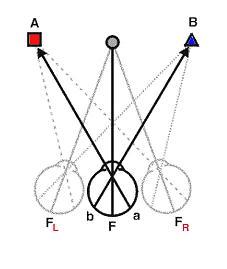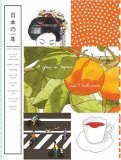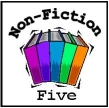The Best American Science Writing 2007 includes the article “Stereo Sue” by Oliver Sacks, originally published in the New Yorker, June 19, 2006. Sacks relates the case of a woman neurobiologist, born cross-eyed, who had surgery as a child but never developed binocular vision.
I had asked Sue if she could imagine what the world would look like if viewed stereoscopically. Sue said she thought she could–after all, she was a professor of neurobiology, and she had read plenty of papers on visual processing, binocular vision, and stereopsis. She felt this knowledge had given her some special insight into what she was missing–she knew what stereopsis must be like, even if she had never experienced it.
But now, nine years after our initial conversation, she felt compelled to write to me about this question:
You asked me if I could imagine what the world would look like when viewed with two eyes. I told you that I thought I could. . . . But I was wrong.
[After some vision therapy she gained the ability to see in depth]… Her new vision was “absolutely delightful,” Sue wrote. “I had no idea what I had been missing.”

This struck me as being amazingly similar to the famous philosophical thought experiment known as “Mary’s room” or “Mary the super-scientist” proposed by Frank Jackson (with its own Wikipedia entry that I quote from): “we are to imagine a scientist who knows everything there is to know about the science of color, but has never experienced color. The interesting question that Jackson raises is: Once she experiences color, does she learn anything new?”
Jackson’s thought experiment was an argument to support the existence of qualia and against physicalism, so it seems to me that the case of “Stereo Sue” lends support to the existence of “qualia.” Perhaps the case against physicalism is weaker since the thought experiment specified that Mary knew “everything” about the science of color. Sue, a neurobiologist who “had read plenty” on the subject of binocular vision, seems as close as a real-world example could get, however.
[Disclaimer: I’m not a philosopher, but I used to read and write abstracts for lots of philosophy articles.]
I’m not the first person to notice the similarity between “Stereo Sue” and Mary – it was discussed on the Brains forum, but nobody there commented on whether Sue’s experience would have any bearing on the thought experiment of Mary.

by Kate Williamson is the last book for the “Non-Fiction Five Challenge.”
 This is a beautifully drawn travel journal by an artist who spent a year living in Kyoto. I did not feel like I got much of a deeper acquaintance with Japanese culture, but the book was filled with the kind of observations that strike a foreigner traveling in a new land. The reader who has never traveled to Japan can get a sense of experiencing an unfamiliar culture through the author’s drawings and brief written descriptions. Not much about Japanese popular culture here, but there are notes about the food, festivals, street scenes and sights of Kyoto.
This is a beautifully drawn travel journal by an artist who spent a year living in Kyoto. I did not feel like I got much of a deeper acquaintance with Japanese culture, but the book was filled with the kind of observations that strike a foreigner traveling in a new land. The reader who has never traveled to Japan can get a sense of experiencing an unfamiliar culture through the author’s drawings and brief written descriptions. Not much about Japanese popular culture here, but there are notes about the food, festivals, street scenes and sights of Kyoto.

